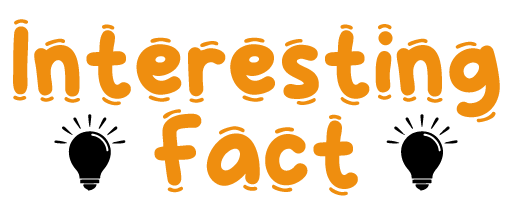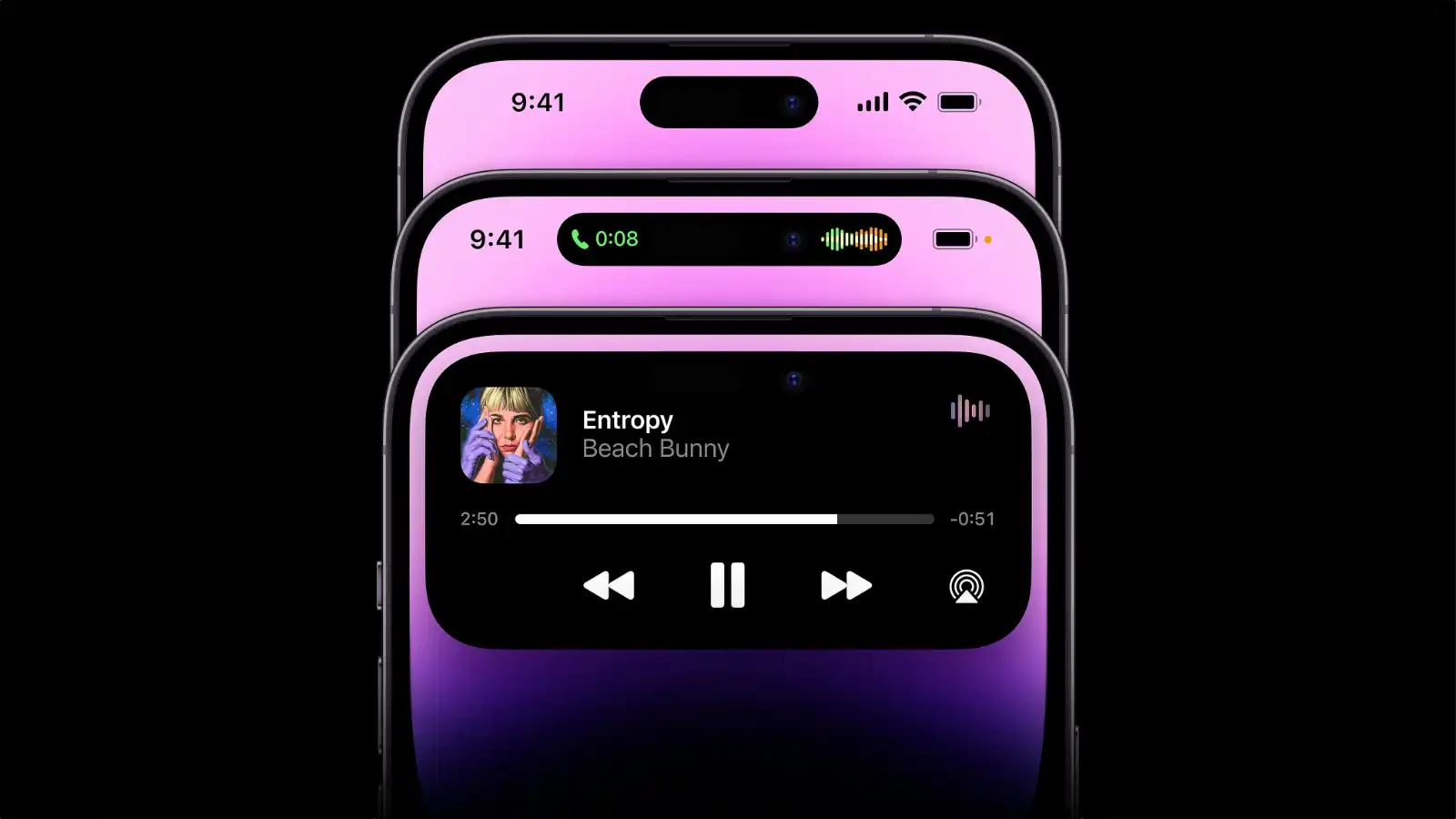When stepping into the tech world, preparing for coding interviews can feel like a daunting task. Coding interview questions can make or break your chances of landing your dream software development or engineering job. But fear not! This guide aims to give you the knowledge and strategies to tackle these questions confidently. So, let’s dive into the world of coding interviews and explore how to master those tricky questions.
Understanding the Importance of Coding Interview Questions
Coding interview questions serve several crucial purposes in the hiring process. Here are a few reasons why they are significant:
- Assessing Problem-Solving Skills: These questions help interviewers evaluate how candidates approach and solve problems.
- Testing Knowledge of Data Structures and Algorithms: A strong foundation in data structures and algorithms is essential for effective coding.
- Evaluating Coding Proficiency: Interviewers gauge your coding skills and familiarity with programming languages through these questions.
- Understanding Communication Skills: Interviewers want to see how well you can articulate your thoughts and solutions.
With these points in mind, it’s clear that acing coding interview questions is not just about knowing how to code; it’s about demonstrating your entire skill set.
Common Types of Coding Interview Questions
Understanding the types of coding interview questions you encounter is crucial for adequate preparation. Here’s a breakdown of the most common types:
Algorithm Questions
These questions typically require you to devise a solution to a problem using specific algorithms. Examples include:
- Sorting algorithms (e.g., quicksort, mergesort)
- Search algorithms (e.g., binary search)
- Graph algorithms (e.g., Dijkstra’s algorithm)
Data Structure Questions
Expect to see questions focused on your knowledge of data structures. These may involve:
- Arrays
- Linked lists
- Stacks and queues
- Trees and graphs
Coding Challenges
These challenges often involve writing code on a whiteboard or online coding platform. The tasks can range from simple functions to complex algorithms. Some examples include:
- Implementing a function to reverse a string
- Writing a program to find the nth Fibonacci number
System Design Questions
In higher-level interviews, you may face system design questions where you must design a system or architecture. This could include:
- Designing a social media platform
- Creating a URL-shortening service
Behavioral Questions
While not strictly coding-related, behavioral questions often accompany technical ones. Examples include:
- Describe a time when you faced a challenge at work.
- How do you handle tight deadlines?
Key Concepts to Review
Now that we’ve covered the types of coding interview questions, let’s explore some key concepts you should review before your interview.
Data Structures
Understanding data structures is fundamental to solving coding problems. Here are some of the most important ones:
- Arrays: Collections of elements identified by an index.
- Linked Lists: A linear collection of elements, where each element points to the next.
- Stacks: Last-in-first-out (LIFO) structures help backtrack algorithms.
- Queues: First-in-first-out (FIFO) structures are ideal for scheduling tasks.
- Trees: Hierarchical structures often used to represent data with a parent-child relationship.
- Graphs: A collection of nodes connected by edges that help represent networks.
Algorithms
Brush up on these essential algorithms:
- Sorting: Familiarize yourself with various sorting algorithms, such as bubble sort, insertion sort, and quicksort.
- Searching: Learn the differences between linear and binary search and understand when to use each.
- Recursion: Understand how to solve problems by breaking them into smaller subproblems.
Complexity Analysis
Understanding time and space complexity will help you evaluate your solutions. Familiarize yourself with Big O notation, which describes an algorithm’s performance in terms of time or space as the input size grows.
Tips for Preparing for Coding Interviews
Preparation is vital when it comes to coding interviews. Here are some tips to help you get ready:
Practice, Practice, Practice
The best way to prepare for coding interview questions is by practicing regularly. Here are some resources to consider:
- LeetCode: A platform with a vast collection of coding problems.
- HackerRank: Offers coding challenges in various domains.
- CodeSignal: Provides interview practice and assessments.
Mock Interviews
Participating in mock interviews can simulate the actual interview environment. This practice helps you gain confidence and improve your problem-solving skills. Consider these options:
- Pair up with a friend or a fellow coder.
- Use platforms like Pramp or Interviewing.io for live mock interviews.
Study Common Interview Questions
Familiarizing yourself with common coding interview questions can provide a solid foundation. Here’s a table of some frequently asked questions:
Question TypeExample Question
Array Manipulation “How do you find the maximum sum of a subarray?”
String Reversal “Can you reverse a string without using extra space?”
Linked List Operations “How do you detect a cycle in a linked list?”
Tree Traversal “What are the different ways to traverse a binary tree?”
Sorting Algorithms “Explain how quicksort works.”
Review Your Past Projects
Be prepared to discuss your previous projects. Understanding your contributions and challenges will impress interviewers and show your experience.
Stay Calm and Communicate Clearly
During the interview, staying calm and clearly articulating your thought process is essential. Here are some tips for effective communication:
- Think Aloud: Verbalize your thought process as you work through the problem.
- Ask Clarifying Questions: If you don’t understand something, don’t hesitate to ask the interviewer for clarification.
- Summarize Your Approach: Once you’ve arrived at a solution, briefly summarize it to the interviewer.
Common Mistakes to Avoid
While preparing for coding interview questions, be mindful of these common pitfalls:
Ignoring the Basics
Sometimes, candidates need to focus more on advanced topics and pay attention to the basics. Ensure you have a solid understanding of fundamental concepts like data structures and algorithms.
Overcomplicating Solutions
It’s easy to get carried away and create overly complex solutions. Aim for simplicity and clarity in your code, as interviewers appreciate elegant solutions.
Not Practicing Enough
Practice is essential for success. Skipping this step can leave you unprepared for your coding interview questions.
Failing to Prepare for Behavioral Questions
While technical skills are essential, behavioral questions matter, too. Be ready to discuss your teamwork, challenges, and accomplishments.
The Role of Soft Skills in Coding Interviews
While technical knowledge is crucial, soft skills can significantly impact the hiring process. Here’s why they matter:
- Collaboration: Many projects require teamwork, so showing that you can work well with others is vital.
- Adaptability: Demonstrating your ability to learn and adapt to new challenges is highly valued.
- Communication: Clear communication helps you articulate your thoughts and ideas effectively.
Conclusion
In conclusion, mastering coding interview questions is a journey that requires preparation, practice, and a positive attitude. Understanding the different types of questions, key concepts, and strategies will give you the confidence to tackle interviews head-on.
As you embark on this journey, remember to practice regularly, seek out mock interviews, and focus on your technical and soft skills. With determination and the proper preparation, you’ll be well on your way to acing those coding interview questions and landing your dream job in tech.
So, roll up your sleeves and get ready to dive into the world of coding interviews. The opportunities that await you are endless!



